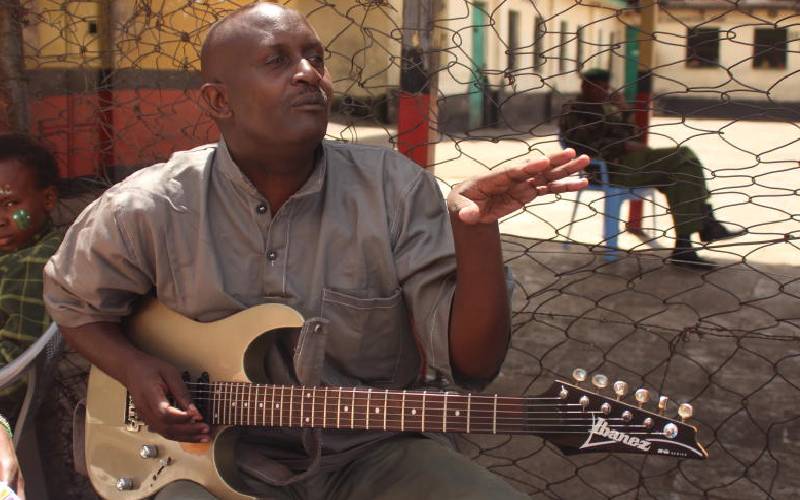×
The Standard e-Paper
Stay Informed, Even Offline

Convicted killer policeman Titus Katitu sits in a corner block at Kamiti Maximum Prison famously referred to as ‘punishment block’.
This will be his home for a long time because the Appellate Court last Friday upheld his 15-year jail term.